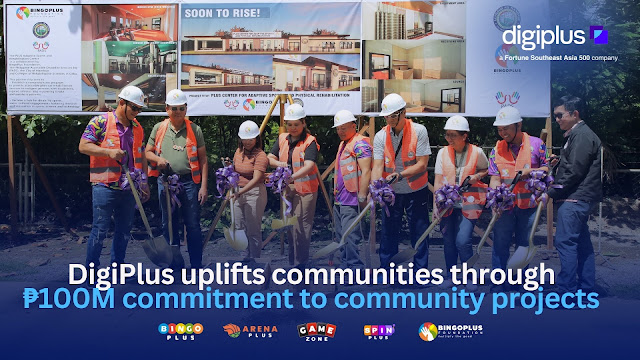
It is not “out of sight, out of mind”; landfills are not just eyesores in remote areas, but they also pose a significant health risk to the communities around them and emit a substantial amount of greenhouse gases from decaying food waste.
The RDC, or Recyclable, Disposable, and Compostable bins at SM Supermalls, are not only for show but serve as the start of the journey to achieve a net-zero landfill and beyond.
For recyclable waste, SM has initiatives like the “Trash to Cash” recycling market, which successfully gathers over 1 million kilograms annually of plastic, paper, and other materials for reuse or recycling. The program aims to reduce solid waste pollution and promote a circular economy within communities. SM understands the importance of segregating at the source, and the company does this through partnerships with various companies, such as Trust International Paper Corporation for internal bulk paper recycling. The program has avoided landfill waste equivalent to the annual waste of more than 3,000 households while ensuring recyclables are properly processed.
For disposable, non-recyclable waste, SM Prime formed a joint venture with the Japanese environmental solutions company GUUN to establish SM GUUN Environmental Company, Inc. (SGECI). This partnership enhances its waste-to-fuel factory to convert non-recyclable waste, like single-use plastics, non-recyclable paper, and used rags, into cement fuel called “fluff fuel” to reduce coal usage. The “fluff fuel” produced is then used by eco-conscious cement companies like APO Cement, Holcim, and Taiheiyo Cement in a practice they call “co-processing,” where the ash from the fuel is also used as a cement ingredient, making it an integral part of the waste reduction ecosystem.
In 2024, SM GUUN Environmental Company converted over 6,000 metric tons of non-recyclable waste into “fluff fuel,” avoiding the annual landfill burden for 12,000 households. The Department of Environment and Natural Resources (DENR) recently visited the facility and recognized its significance to various stakeholders, particularly in the reduction of their carbon footprints and the efficient management of solid waste.

















